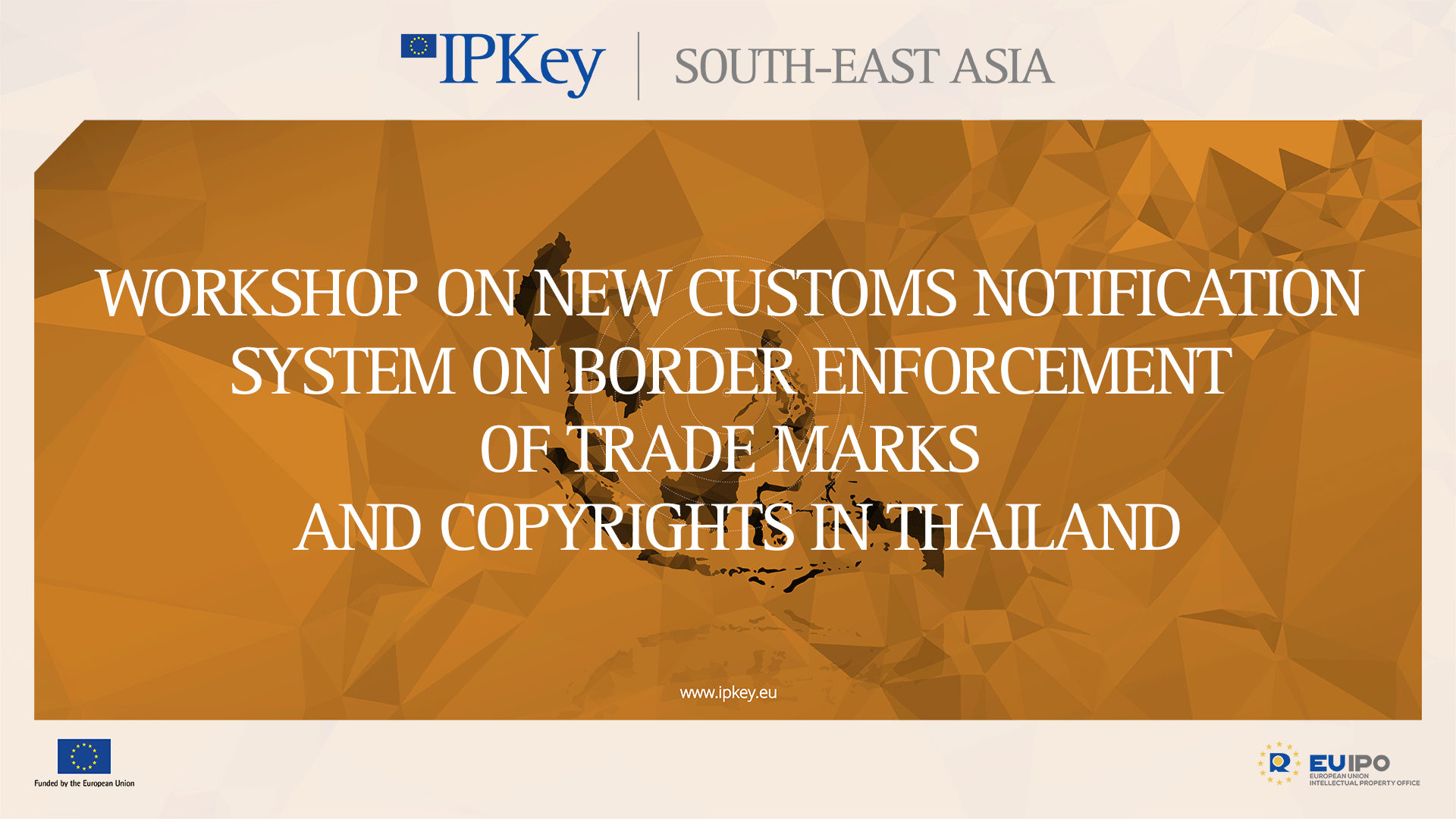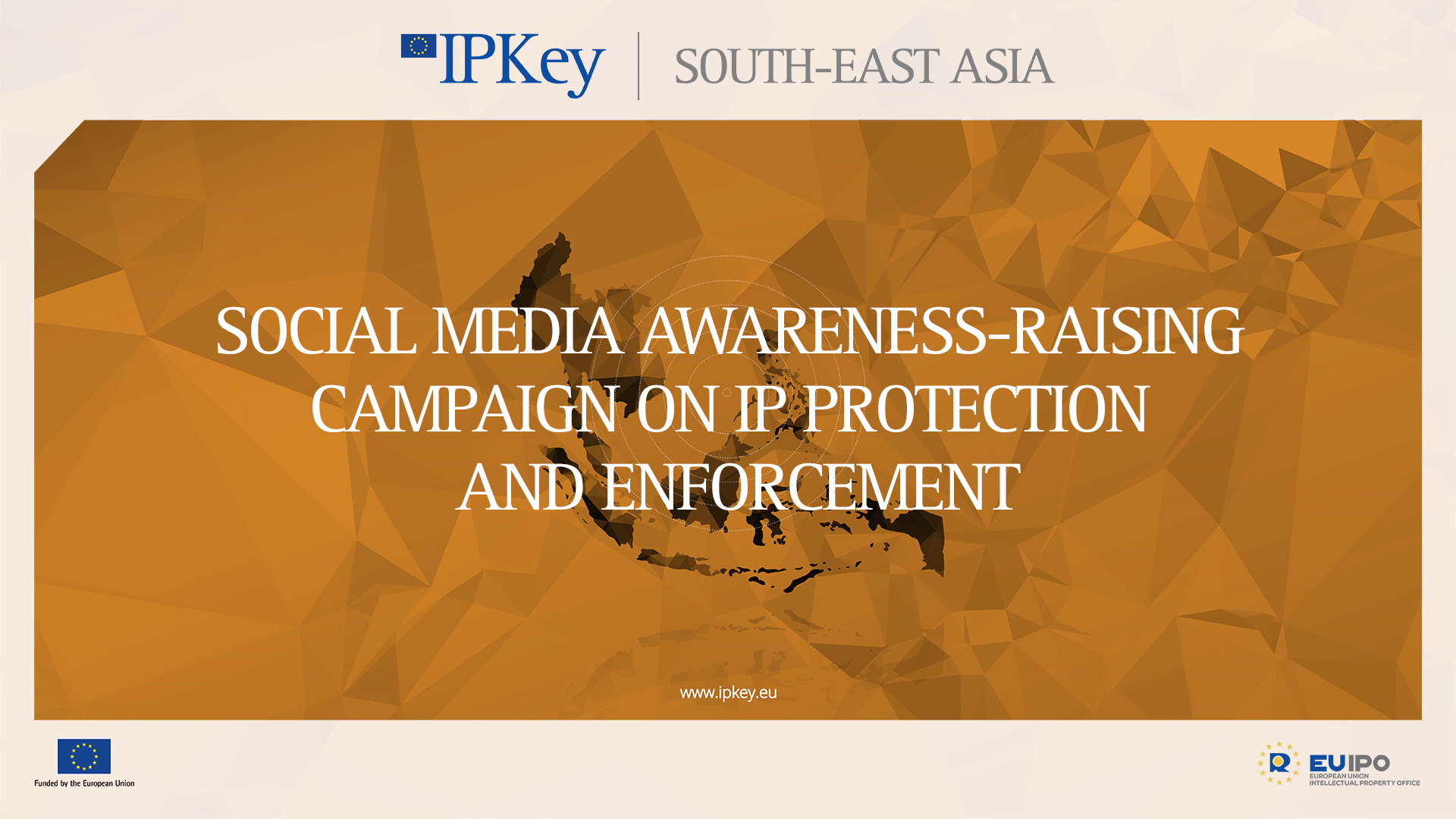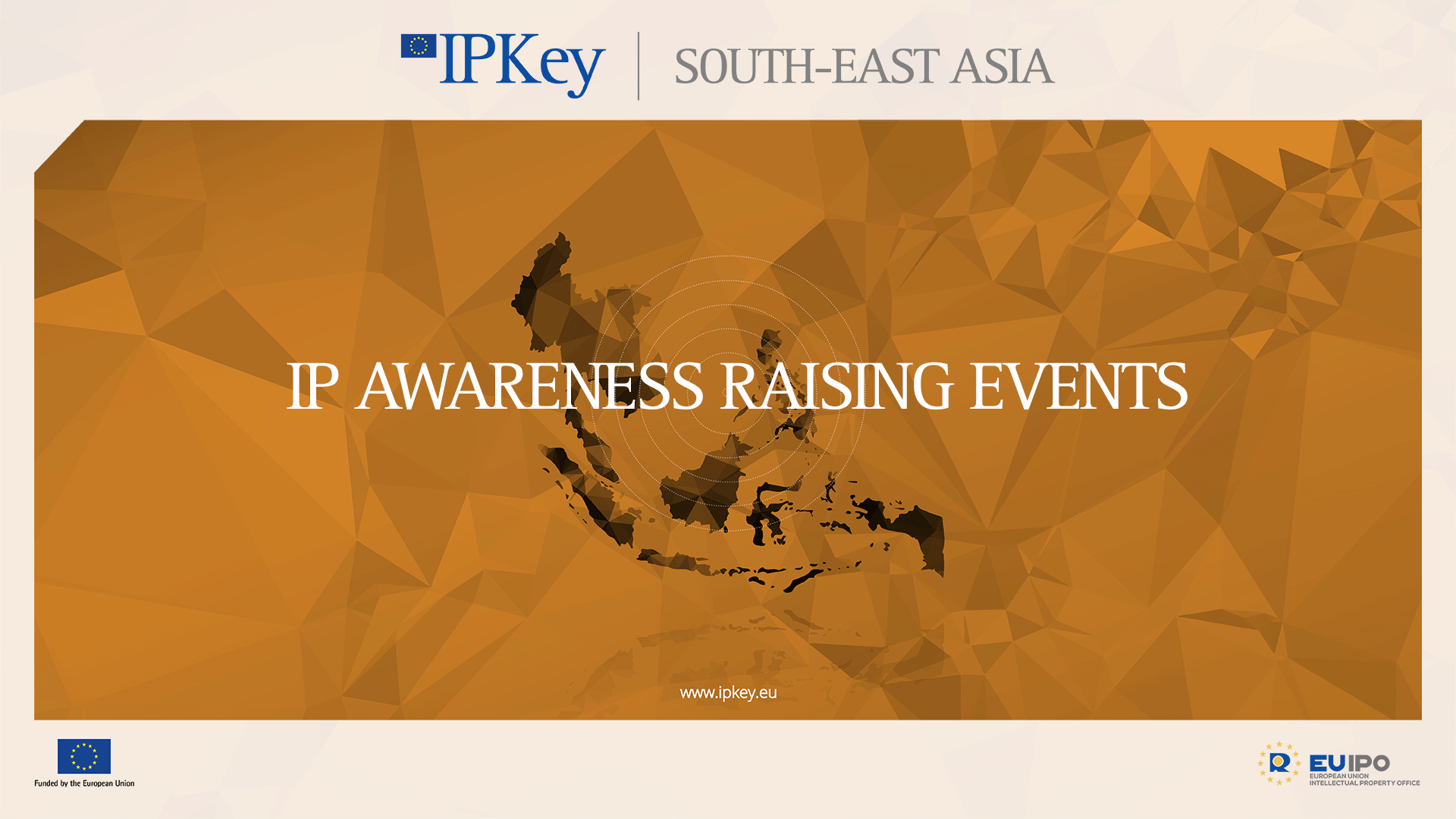Workshop on the New Customs Notification System on Border Enforcement of Trade Marks and Copyrights in Thailand
The workshop will enable EU businesses in Thailand to discuss the new Customs Notification system on border enforcement of trade marks and copyrights and the practical aspects of implementing the new system. It will also serve as an awareness-raising activity as intellectual property rights holders are required to register both their trade marks and copyrights with the Customs Department in order to benefit from the remedies under the new system.


